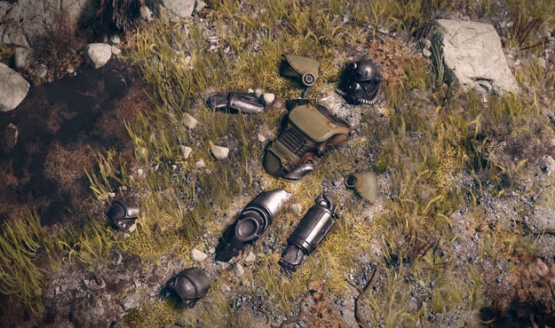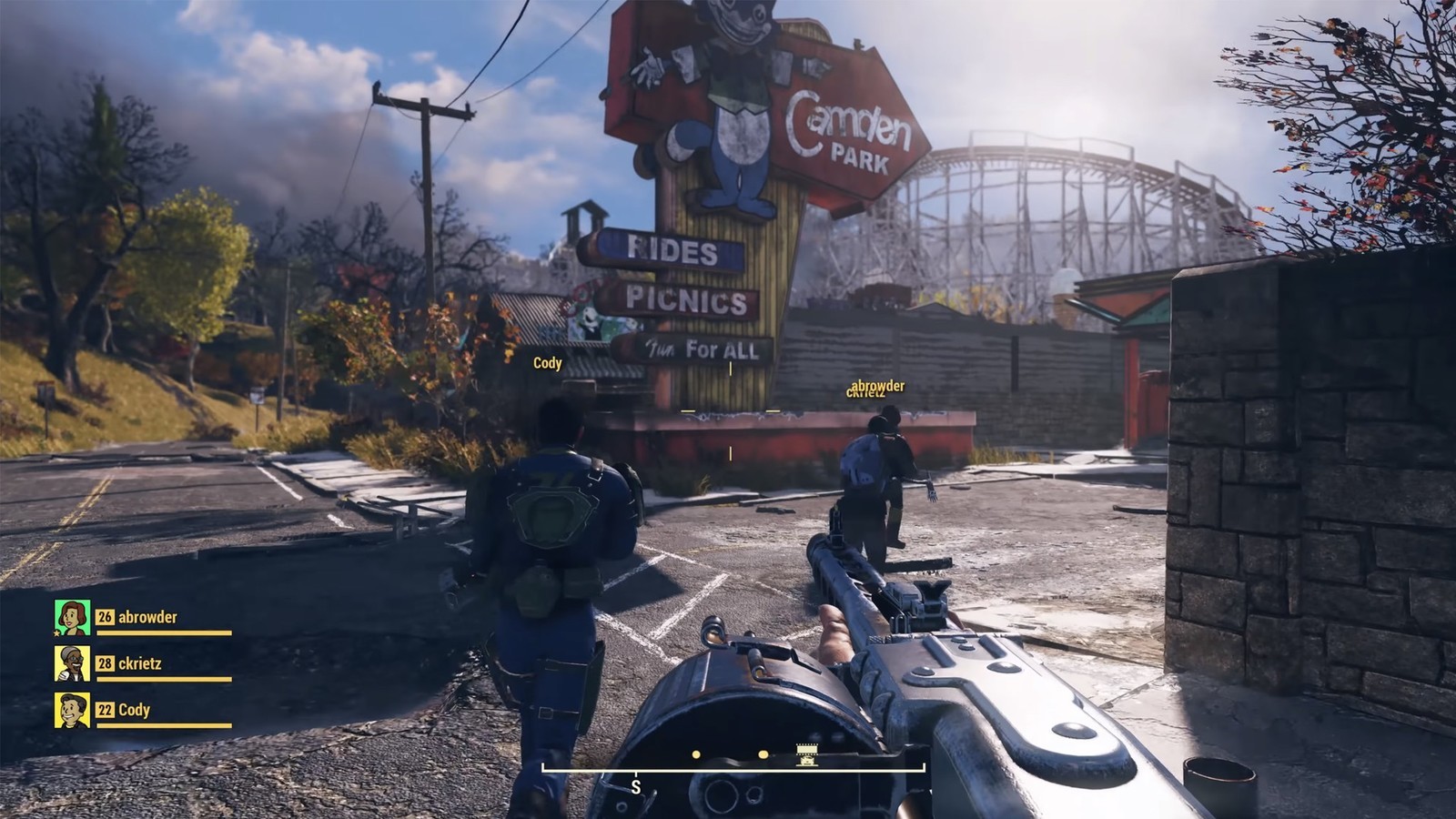
Fans all over the world have been skeptical about Fallout 76 since the moment it was announced. A multiplayer Fallout game? How could that possibly work? What about the significance of the quest narrative and the ability to explore the world on your own without having to deal with other players? The Fallout series has become synonymous with role-playing, exploration, and discovery; how can it still retain the vitality of the series if such a radical change is being made to its core?
While I’ve been a fan of Fallout since Fallout 3, and have since played prior installments to the series on top of that, I reckon that Fallout 76 is important in its own right. It isn’t Fallout 5, nor should it be; Fallout 5 will be a next-gen release, made using an entirely new engine. Bethesda has been using their current engine since Oblivion, so Fallout 4 was likely the last mainline Fallout game to be released ahead of the next generation. Fallout 76 is more of a spin-off, but that doesn’t take away from its significance, though.
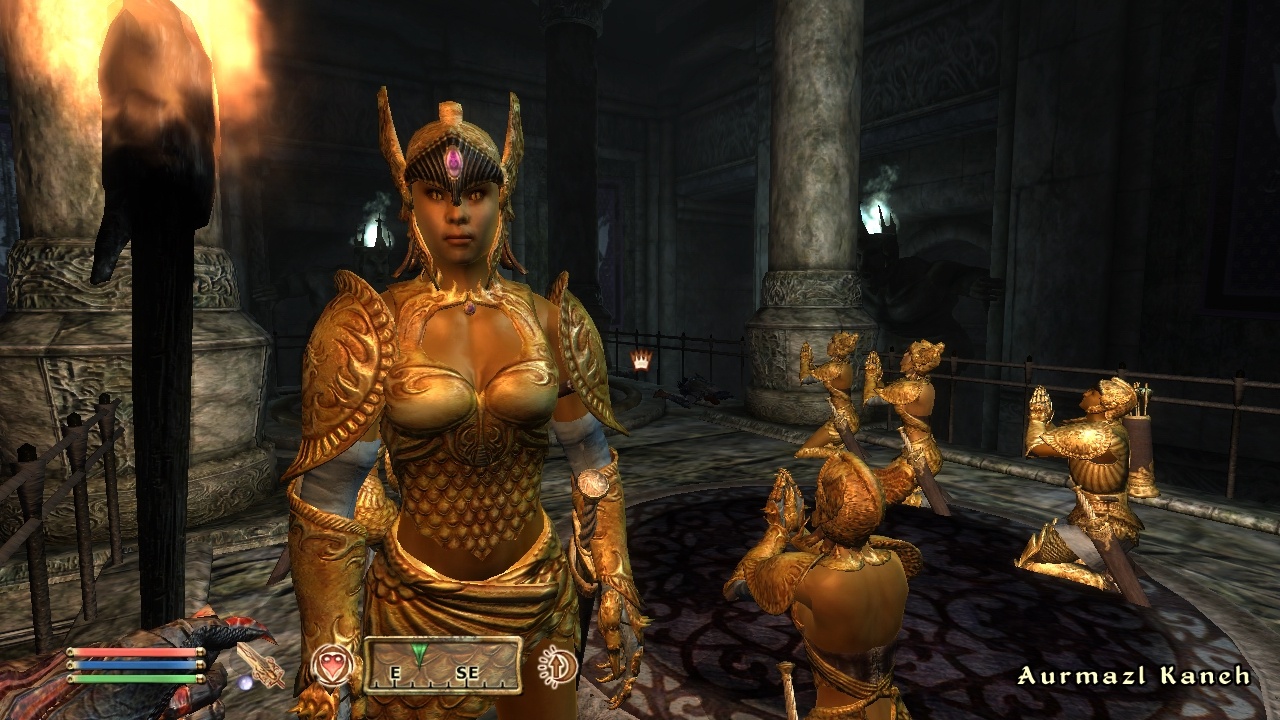
Sometimes it’s important to venture into the esoteric parts of a story in order to build the world as a whole. Fallout 76 is set before the events of the mainline Fallout series, meaning that it’s a lot closer to the time when the bombs were dropped. The stories we’re familiar with are set much further down the line, so having the ability to explore the post-apocalyptic world closer to the fact is something that can only really be done in a multiplayer game. Why, you ask?
Well, lots of the Vaults are still closed, meaning that many of the people you can see in other Fallout games are still hiding out underground. On top of that, the radiation hasn’t yet had as much of an impact on the natural landscape as it will have in games set decades later; this world is very much in the process of being reshaped into the devastating wasteland we see in later titles, but as of now, nature still reigns supreme. Factions haven’t yet been formed, such as the Brotherhood of Steel and the Institute, and most people survive in small communities, if not in complete isolation. This is a world that is still new, filled with hope that hasn’t yet been dashed by the events in the run up to Fallout 3.

Playing with other actual players makes the experience a lot more interesting, if you think about it. If there aren’t yet any institutions and nobody really knows what to make of the new world, then all you can do is attempt to go your own way. The people you come across will be doing the same, and they’ll either help or harm you based on their own experiences with the new and unpredictable world. This is more of an actual simulation of living as an isolated person in the post-apocalypse than other titles, as it allows you to exist in close proximity to the apocalyptic catalyst of nuclear destruction. It isn’t Fallout 5, true, but that’s not a bad thing. Fallout 5 will come, and it will likely provide fans with the single-player experience that they’ve been calling for. However, moving away from the single-player open-world RPG form is important for the series as a whole, as it allows the world to be built in ways that couldn’t be possible otherwise. See also, Fallout Tactics.
Fallout Tactics allowed the militant attitude of the Brotherhood of Steel to be expressed in a way that isn’t possible in the factional quests of mainline games. The tactical-RPG allowed fans to experience the command and conquer mentality championed by the Brotherhood’s leadership, which enabled them to better understand the likes of Danse and Maxson in other Fallout games. Spin-offs are important because they allow the world to be expanded upon in one specific way; for Fallout 76, the expansion comes in the form of highlighting the exploration that led to the world of the later games. This is how the society of Fallout as we know it came about—by people embarking on their own personal journeys in a deserted world in search of something worth living for, something worth discovering.
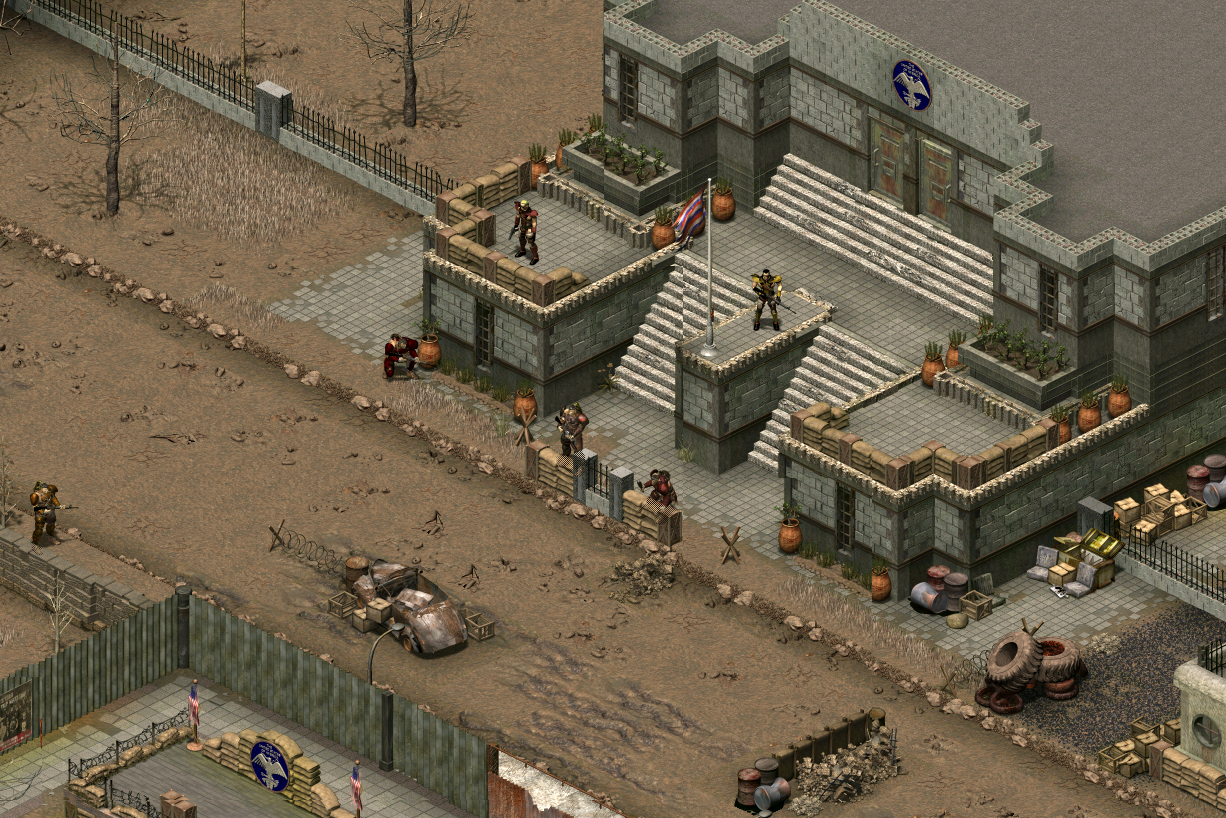
You see, the NPCs in Fallout 76 are the other people you’re playing with. True, they’re being controlled, but they’re not available for you to play, so technically, they’re non-playable characters for you. Therefore, the virtual world is one imbued with the lived experience of human players, allowing the history of Fallout to truly be defined by the actions of humanity. The best way to recognize the world of the other games is to return to them after playing Fallout 76, because you’ll be able to see the ways in which the world was reshaped by actions that resemble your own. The established world of Fallout is defined by the world of Fallout 76, which was unwritten until now. Now, the pages are ready to be filled with the trials and tribulations of your own personal journey; the role-playing aspects of the series as a whole are heightened by the fact that you get to write your own origins story, not just of a character, but of the world itself.
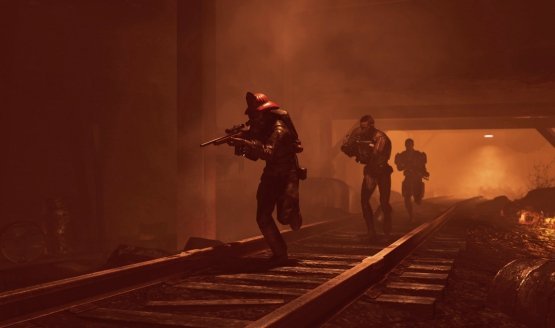
I understand why people are disappointed with Fallout 76, believe me. However, Fallout 5 will inevitably come, and it will likely satiate your desire for more Fallout as you know it. That doesn’t take away from the value of Fallout 76, though. It’s not Fallout 5, but it is Fallout inside and out.
